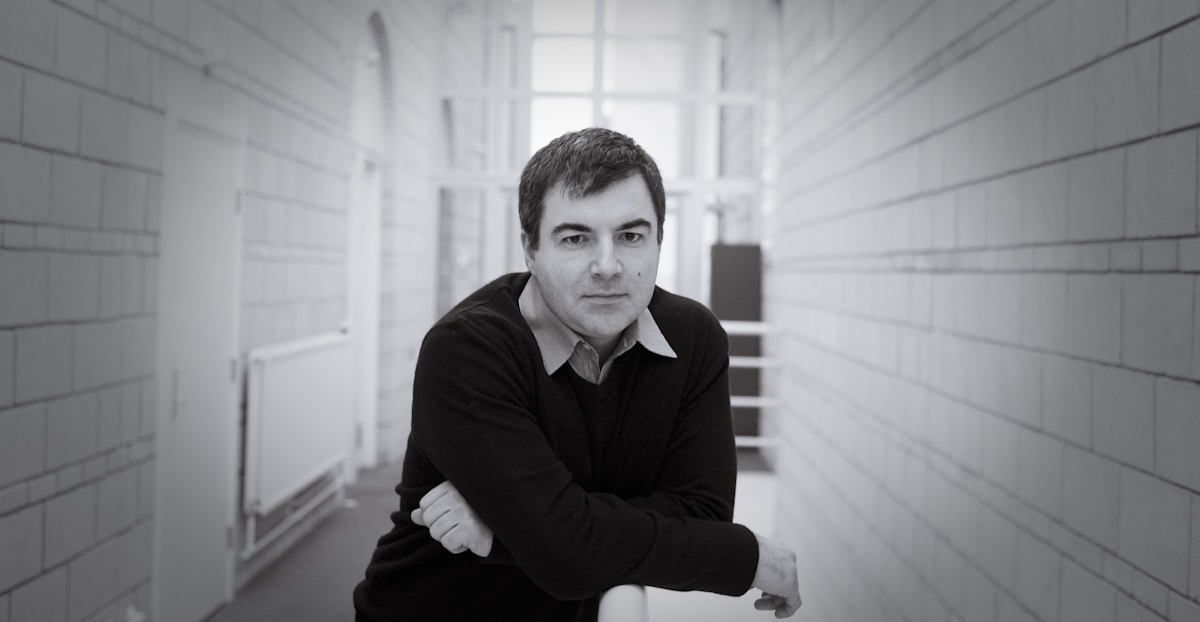Professor Sir Konstantin Sergeevich Novoselov is a name etched into the annals of modern science — a visionary physicist whose discoveries have redefined the frontiers of material science and opened new pathways toward solving some of humanity’s greatest challenges. As a pioneer of two-dimensional (2D) materials, his groundbreaking research has not only revolutionized condensed matter physics but also sparked global innovation across fields as diverse as electronics, medicine, and environmental technology.
A Remarkable Scientific Journey - The Graphene Revolution
Born in August 1974 in Nizhny Tagil, Russia, Novoselov displayed a precocious interest in the sciences. He received his Master’s degree from the Moscow Institute of Physics and Technology in 1997, before pursuing a Ph.D. at Radboud University Nijmegen in the Netherlands. It was during his time at the University of Manchester, working alongside Professor Andre Geim, that Novoselov helped to unlock one of the most significant scientific breakthroughs of the 21st century.

Professor Sir Konstantin Sergeevich Novoselov, Professor of Condensed Matter Physics
In 2004, the duo isolated graphene—a one-atom-thick sheet of carbon arranged in a two-dimensional honeycomb lattice. Graphene’s extraordinary mechanical strength, thermal conductivity, flexibility, and optical transparency quickly made it the "wonder material" of modern science. Their work was honored with the 2010 Nobel Prize in Physics, lauded for “groundbreaking experiments regarding the two-dimensional material graphene.”
Yet, Novoselov’s scientific curiosity did not stop with graphene. He has since continued to push the boundaries of knowledge in 2D materials, mesoscopic systems, and nanotechnology, exploring a vast “periodic table of materials” just a few atoms thick. His research has laid the foundation for revolutionary applications in Condensed Matter Physics, Mesoscopic Physics and Nanotechnology.
Novoselov is a staunch advocate for applying science to real-world problems. One of his most impactful areas of work lies in environmental applications, particularly in clean water technologies. Graphene-based membranes, with their unparalleled filtering precision, are being explored as solutions for sustainable water purification, helping to combat global water scarcity. His work is a shining example of how curiosity-driven research can evolve into transformative innovations for the betterment of society.
Throughout his career, Professor Novoselov has received numerous international honors, reflecting the global impact of his scientific contributions. In addition to the Nobel Prize, his accolades include: Fellow of the Royal Society (FRS) in 2011; Knight Bachelor (UK) in the 2012 New Year Honours for services to science; Nicholas Kurti European Science Prize (2007); Europhysics Prize (2008); Leverhulme Medal of the Royal Society (2013); Onsager Medal (2014); Carbon Medal (2016); Nano-Materials Science Award (2023);...

Konstantin Sergeevich Novoselov after receiving a knighthood at an investiture ceremony, Buckingham Palace, London, 2012
Currently, he holds the position of Tan Chin Tuan Centennial Professor at the National University of Singapore (NUS) and serves as the Langworthy Professor of the School of Physics and Astronomy at the University of Manchester. He is also a member of the VinFuture Prize Council, supporting breakthrough innovations that deliver positive and sustainable change for all of humanity.
Looking Ahead: From the Lab to the Future
Professor Novoselov’s journey—from a curious mind in Russia to a globally celebrated scientific figure—stands as a testament to the power of research, resilience, and vision. As he continues to explore new dimensions of 2D materials and their real-world applications, his work remains a beacon of inspiration for scientists, innovators, and policymakers alike.
What groundbreaking insights will he bring next? Join us at ACCC10 to discover firsthand the future-shaping science of Professor Sir Konstantin Sergeevich Novoselov.